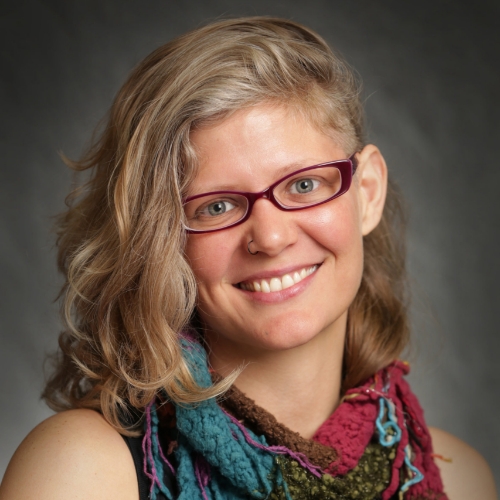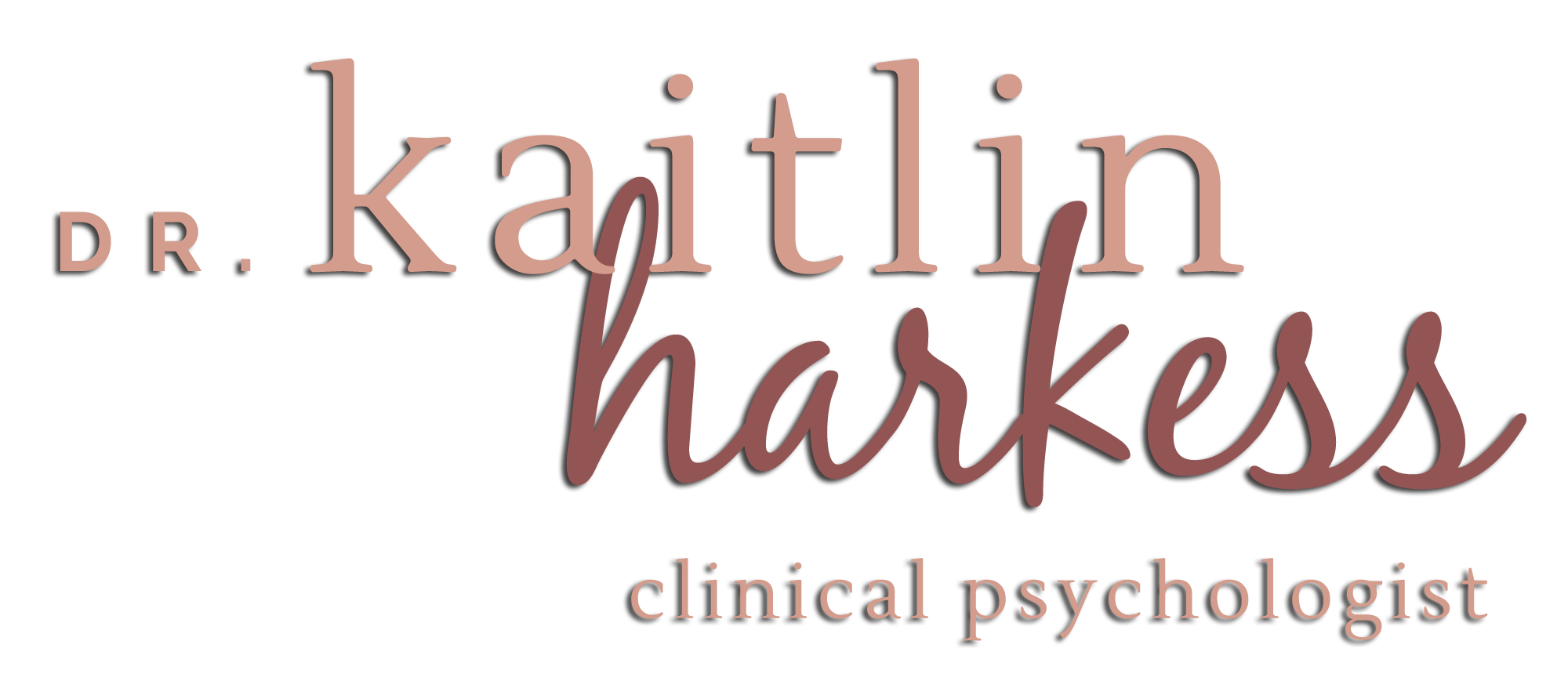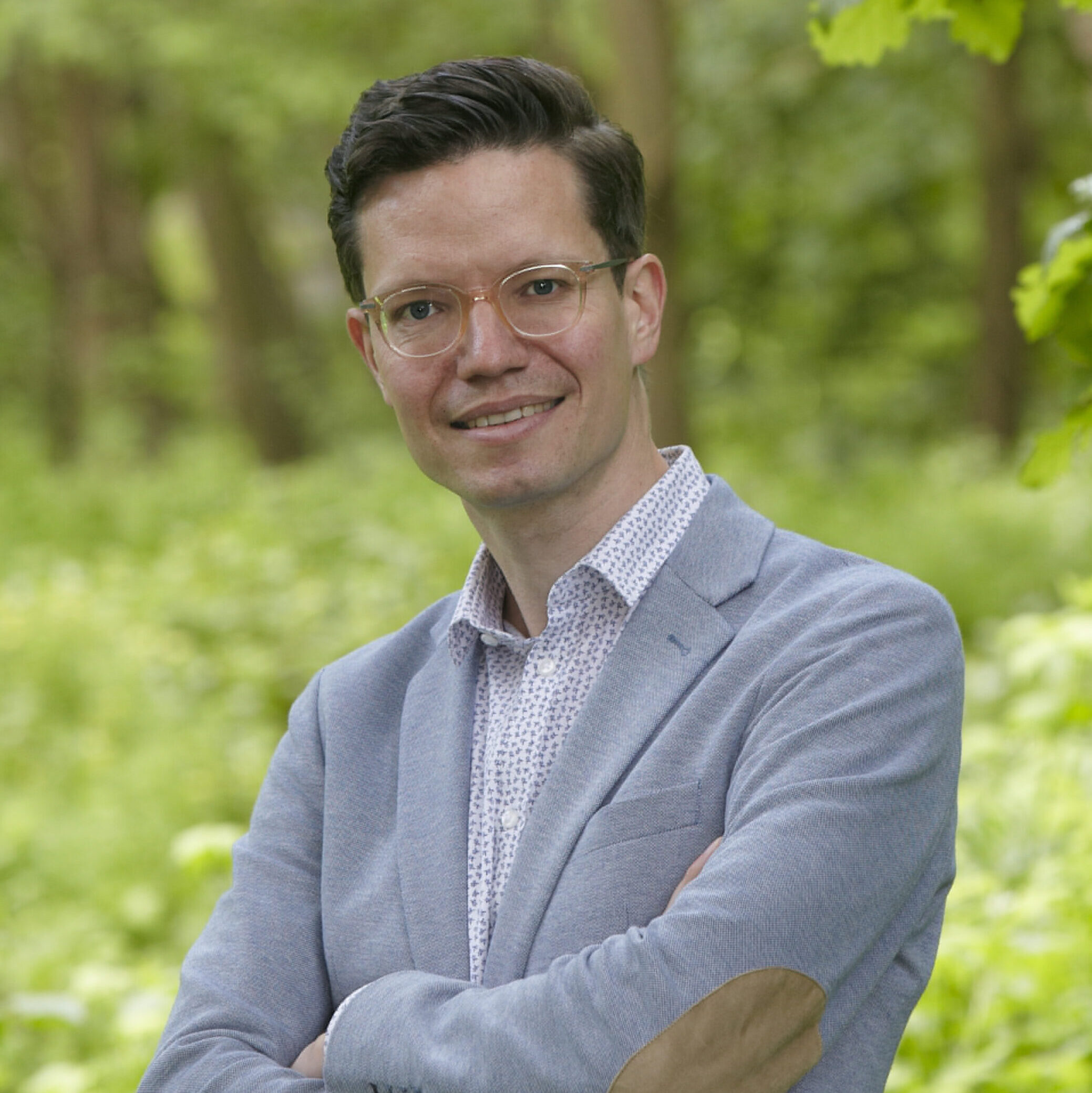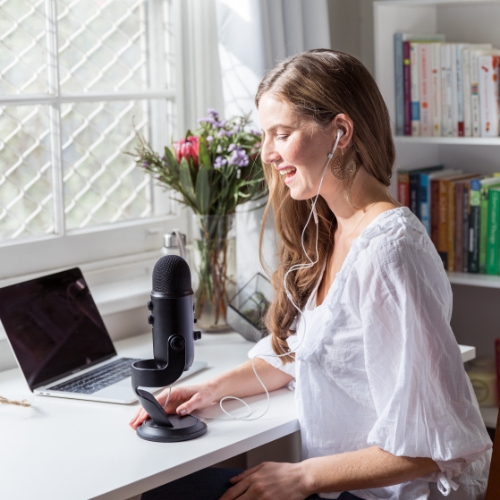Welcome to the nineteenth episode of the Wisdom for Wellbeing Podcast. On this episode I interview the brilliant Dr. Emily K. Sandoz again. Dr. Sandoz is a brilliant researcher, author, clinician and a home yogi!
This episode is wonderfully inspiring if you have any interest in commencing a home yoga practice. Not only does Dr. Sandoz share how yoga is an Acceptance and Commitment Therapy (ACT) consistent practice and the context through which yoga supports cultivation of psychological flexibility (a huge predictor of wellbeing!), but she also shares her own journey to yoga through 10 minute online yoga classes with three kids and limited financial resources. And, isn’t this the perfect time to get on the mat at home!
What is covered in this episode:
>> Dr. Sandoz’s journey to yoga (and yes, it took a few years from the inception!)
>> Why fighting with ‘dancer’ is a metaphor for what is going on off of the mat
>> Using yoga as a chance to look in the mirror when we are running, fighting, and hiding
>> The key roles of attention and intention in breath and movement
>> How yoga fits as an ACT consistent practice
>> Understanding psychological wellbeing and psychological inflexibility
>> Not all yoga classes are created equal and the importance of finding a good fit for you
Links
- Dr. Emily K. Sandoz’s email
- Dr. Emily K. Sandoz’s website
- www.doyogawithme.com
- Living with Your Body and Other Things You Hate: How to Let Go of Your Struggle with Body Image Using Acceptance and Commitment Therapy by Emily K. Sandoz and Troy DuFrene (BOOK)
- The Mindfulness and Acceptance Workbook for Bulimia: A Guide to Breaking Free from Bulimia Using Acceptance and Commitment Therapy by Emily K. Sandoz, Kelly G. Wilson, and Troy DuFrene (BOOK)
- Acceptance and Commitment Therapy for Eating Disorders: A Process-Focused Guide to Treating Anorexia and Bulimia Paperback by Emily K. Sandoz, Kelly G. Wilson, and Troy DuFrene (BOOK)

Dr Emily K. Sansoz
Dr. Sandoz is the Emma Louise LeBlanc Burguieres/BORSF Endowed Professor of Social Sciences in the Psychology Department at the University of Louisiana at Lafayette. Emily is the Director of the Louisiana Contextual Science Research Group and the Editor-in-Chief of the Journal of Contextual Behavioral Science. She has co-authored three books on acceptance and commitment therapy for struggles with eating and body image, along with chapters and journal articles on ACT, Relational Frame Theory, values, the therapeutic relationship, and psychological flexibility. Emily has led more than 70 professional training workshops around the world, and serves as a peer-reviewed ACT trainer. She also practices as a Clinical Psychologist, focusing on clinical behavior analysis of body-related difficulties.



